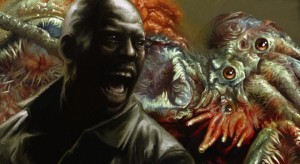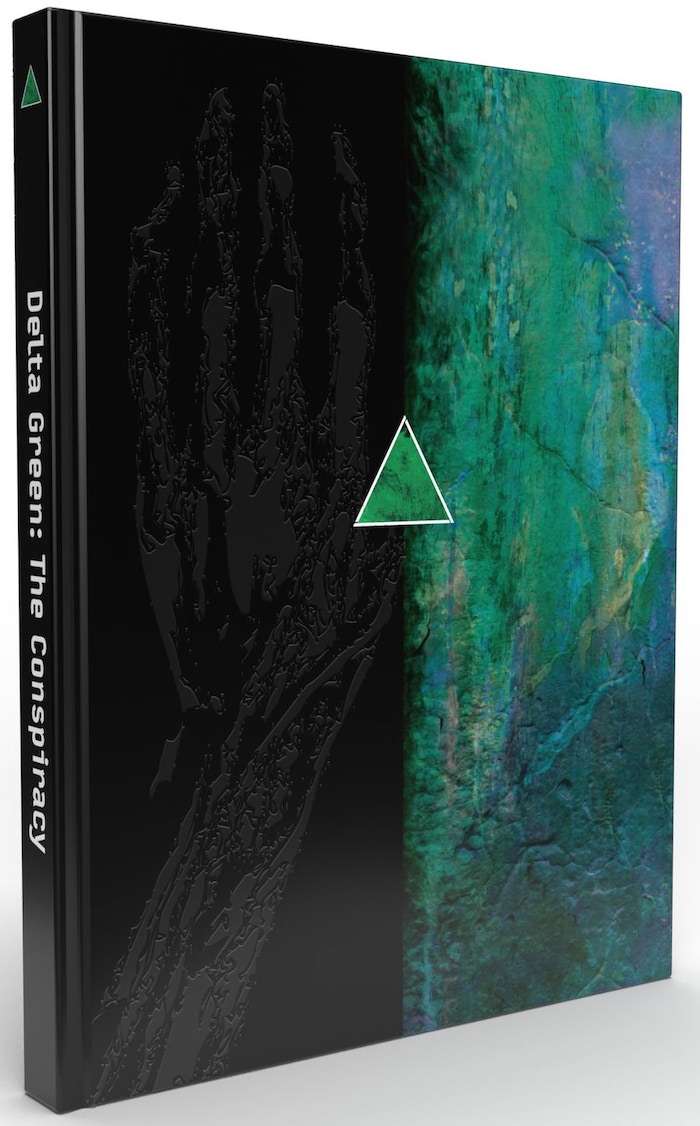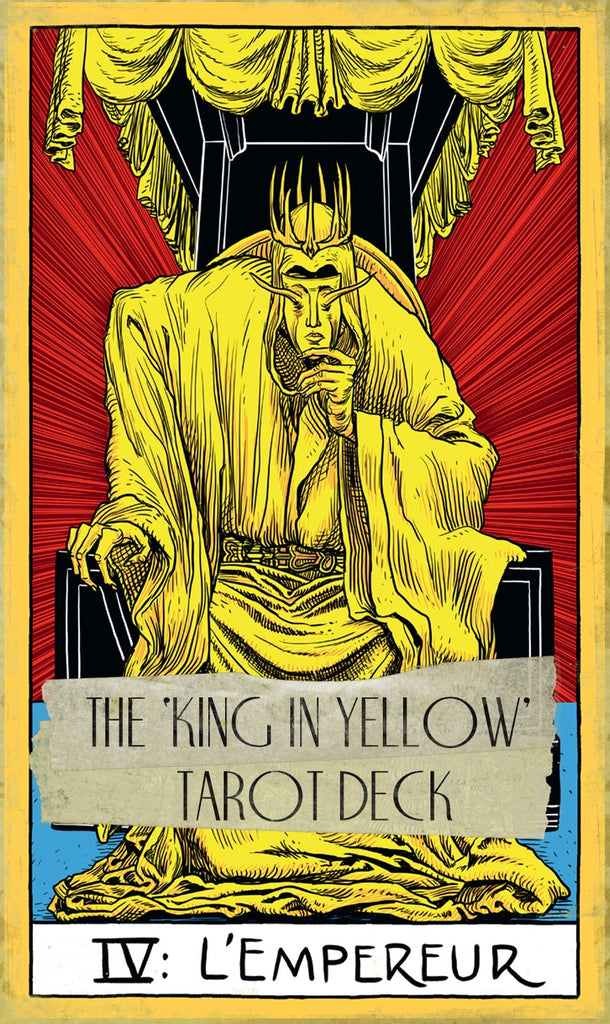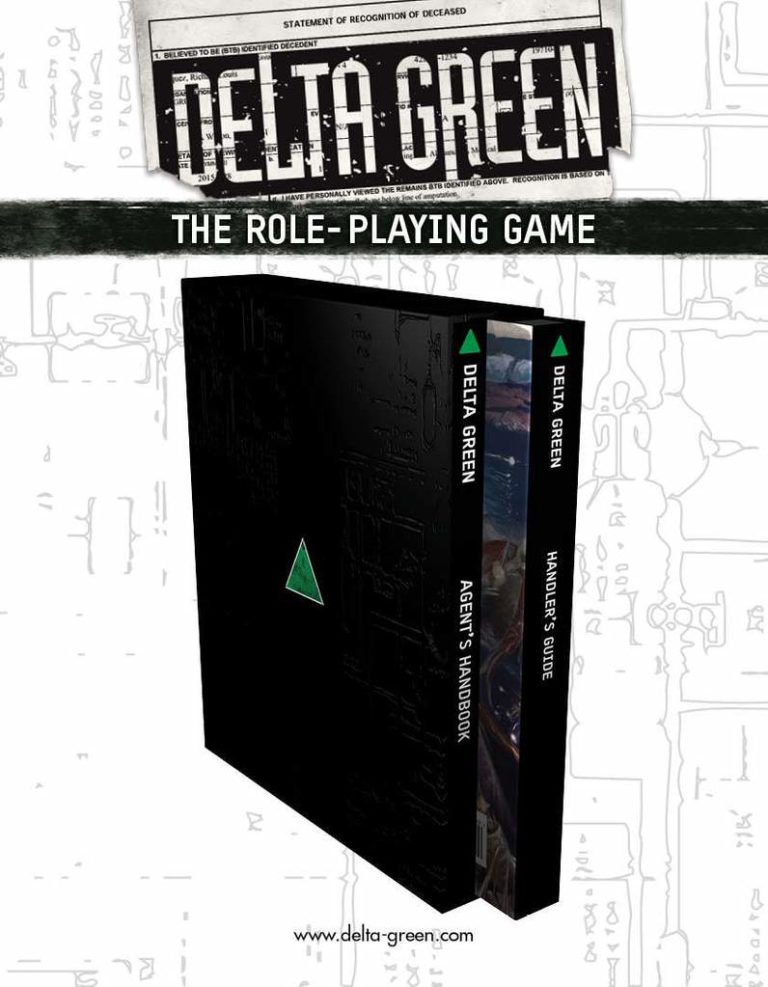Written by Dennis Detwiller, © 2013
I receive a lot of email about my gaming methods in Call of Cthulhu. It’s nice to be known as a heartless killing machine when it comes to Keeperdom; I take it as a compliment. Many people have praised or complained about my style of scenario creation as well. In any case people are talking about it, so I figure, I must be doing something right.
I will say something to the people who say the way I run games is “too cruel” or “keeps the gamers from having fun.” In the many years I’ve been running game sessions, I’ve have about four people who these methods didn’t gibe with. Everyone else has had a great time.
I’m going to break down why I think my methods are successful, why I run the games the way I do, and how I create scenarios.
The first and most important thing is controlling the game. As a Keeper, it is your game. You own it. You own everything in it, even the players’ characters. In a game like Call of Cthulhu, there is no other choice. The game is fraught with incredibly dangerous, player-taking-over beasties, spells that swap bodies, and attacks that inflict vast damage. Player characters are cheap. It is a mechanical fact of the game and of Lovecraft’s stories. Call of Cthulhu is a game about death and madness.
I meet a lot of Keepers who say something like, “The monster took him over but the player didn’t want to do that.” What? In my games, this isn’t even an option. There is no polite discussion when a mind-control parasite takes over a PC. It’s not a debate; it happens. What happens when an Investigator accidentally blasts himself or herself with a electric gun or takes 1D10+4D6 damage from a Gug bite? Do you just wave your hand and let the character survive?
If that is what you do, I’ve got some news for you. You’re not playing Call of Cthulhu. You may gain something in the short-term — a laugh or some player celebration — but when these false successes pile up, you’ll gain something else: boredom. Fear and danger move Call of Cthulhu off the shelves, not Investigator triumphs. Player characters must die to allow others to seem to succeed.
When you fudge the game at player pressure, you set a terrible precedent. Once you cede control on any issue, no matter how small, you have opened a gulf in the trust the players must have in you. The trust that you will make the session fun, that you will be consistent, that you know what you’re doing. So, own the game. Keep it horrifying. Don’t take any guff.
On to scenario creation.
I write scenarios from a single nugget of an idea (“a mirror which allows time travel”) and then follow the leads from there. Many people write scenarios that say things like, “and then, this happens.” I try to avoid this — though it does happen from time to time.
I attempt to fill in as many of the surrounding blanks as possible by detailing side characters. Ideally the unimportant NPCs have as many facts about them as the important NPCs. I don’t want them to stand out artificially!
I do my best to embed three or four memorable moments in the scenario. Each should be something creeptastic and cool which will stick with the players.
Finally, I flesh it out during play. I simply come up with the basic idea for a scenario (like the mirror example) and sit down with the players and made it up on the fly. The key to this method is taking extensive notes as you go. Some of my best scenarios (like “Night Floors” and “Music From a Darkened Room”) arose in this manner. I had the inkling of an idea and just dumped it on gaming table, making up the details seconds before the players asked. I find the most satisfying and cool scenarios become “more real” when I develop them in this way, during play. The players often make me think about and flesh out weird leads that I never would have considered if I had just written the scenario in a void.
So how do you keep the players horrified in Call of Cthulhu and Delta Green?
Written by Dennis Detwiller, © 2013






